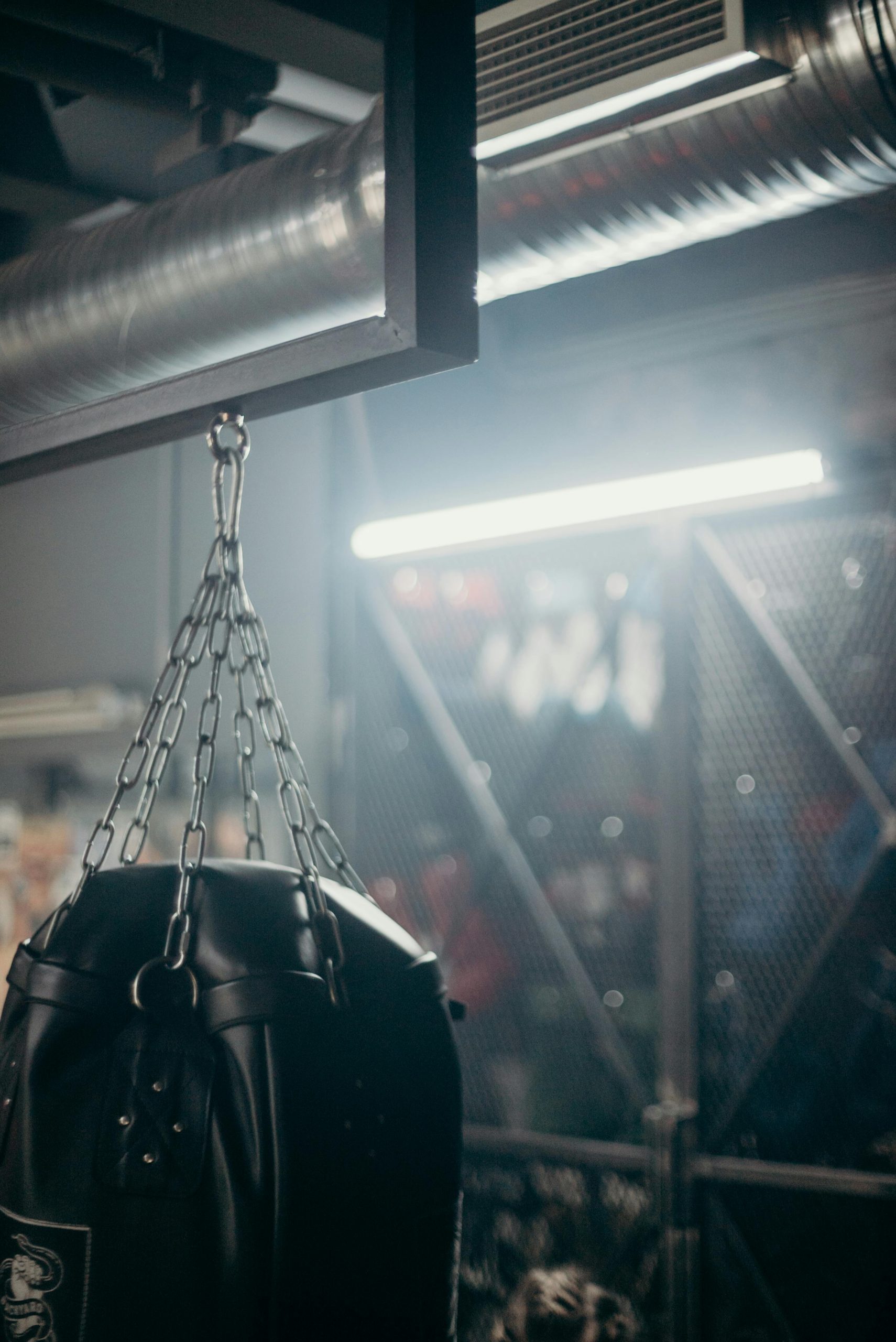A Different Perspective on Popularity in School: Nice Kids or Just Misunderstood?
In recent discussions, I’ve noticed a recurring theme about the so-called “popular” kids in schools, often portrayed as the stereotypical bullies. However, my experience suggests a different narrative, and I want to share it.
At my relatively small school, we have our own version of “popular” students, but instead of cliques that exclude, I see an array of large, interconnected friend groups. What’s interesting is that, contrary to common assumptions, these kids are genuinely kind and respectful towards me and others.
In my interactions with them, I have never witnessed any bullying or unkind behavior. While I don’t consider myself part of their inner circle, our encounters are consistently positive. This perspective has made me reconsider the label of “popular” and what it truly means in the context of social dynamics in schools.
So, is it possible that the popular kids are often misunderstood? Maybe they are just individuals who happen to have larger friend groups, and their behavior doesn’t necessarily conform to the negative stereotypes that often surround them. It’s worth considering that kindness can be found in places we least expect.

It’s great to hear that you’ve had positive interactions with the so-called “popular” kids at your school! Your experience highlights an important nuance that is often overlooked in discussions about social dynamics in schools. While there are stereotypes that frame popular kids as bullies or exclusive, it’s essential to recognize that this isn’t universally true.
Here are some reasons why your observations might reflect a more nuanced reality, as well as ways you could leverage these positive relationships:
1. Individual Differences
Firstly, not all individuals within a social group act the same way. Popularity can come from various traits like charisma, friendliness, or leadership skills. The individuals you interact with might genuinely enjoy being social and are inclined to include others rather than exclude them.
2. The Nature of Small Schools
In smaller schools, the social structure tends to be more interconnected. This close-knit environment often fosters a greater sense of community and makes it difficult for bullying behavior to go unnoticed or unchecked. Being part of a smaller group might encourage students to treat one another with more respect and kindness, as everyone knows each other.
3. Context Matters
The dynamics of popularity can depend heavily on context. A group that is seen as popular in one setting might exhibit completely different behaviors in another context. The setting, like a class project or sports team, can bring out collaborative and supportive qualities rather than competitive or bullying tendencies.
4. Being an Ally
Your positive interactions put you in a unique position to bridge gaps between different social circles. Consider cultivating those relationships further by engaging in activities together or being present at social events. This not only broadens your own friend group but can also help create an environment in which other students feel more comfortable interacting across different groups.
5. Encouraging Positive Behavior
Sometimes, a culture of kindness can start with just a few individuals. If you find that the popular kids at your school are genuinely nice, it would be beneficial to encourage that behavior. You might vocalize your appreciation of their kindness or co-host activities that promote inclusiveness (like school clubs or community service).
6. Addressing Misconceptions
Your perspective can help challenge and change the perceptions surrounding popularity in your school. Sharing your positive experiences with others can break the cycle of stereotypes and help foster a more inclusive atmosphere.
In conclusion, the interaction you’re experiencing is a powerful reminder that assumptions about social dynamics can often overlook the complexity of individual relationships. Continue fostering those positive connections, and don’t hesitate to invite others into that circle of kindness and acceptance. By doing so, you’ll contribute to a school culture where everyone feels valued, regardless of their social standing.